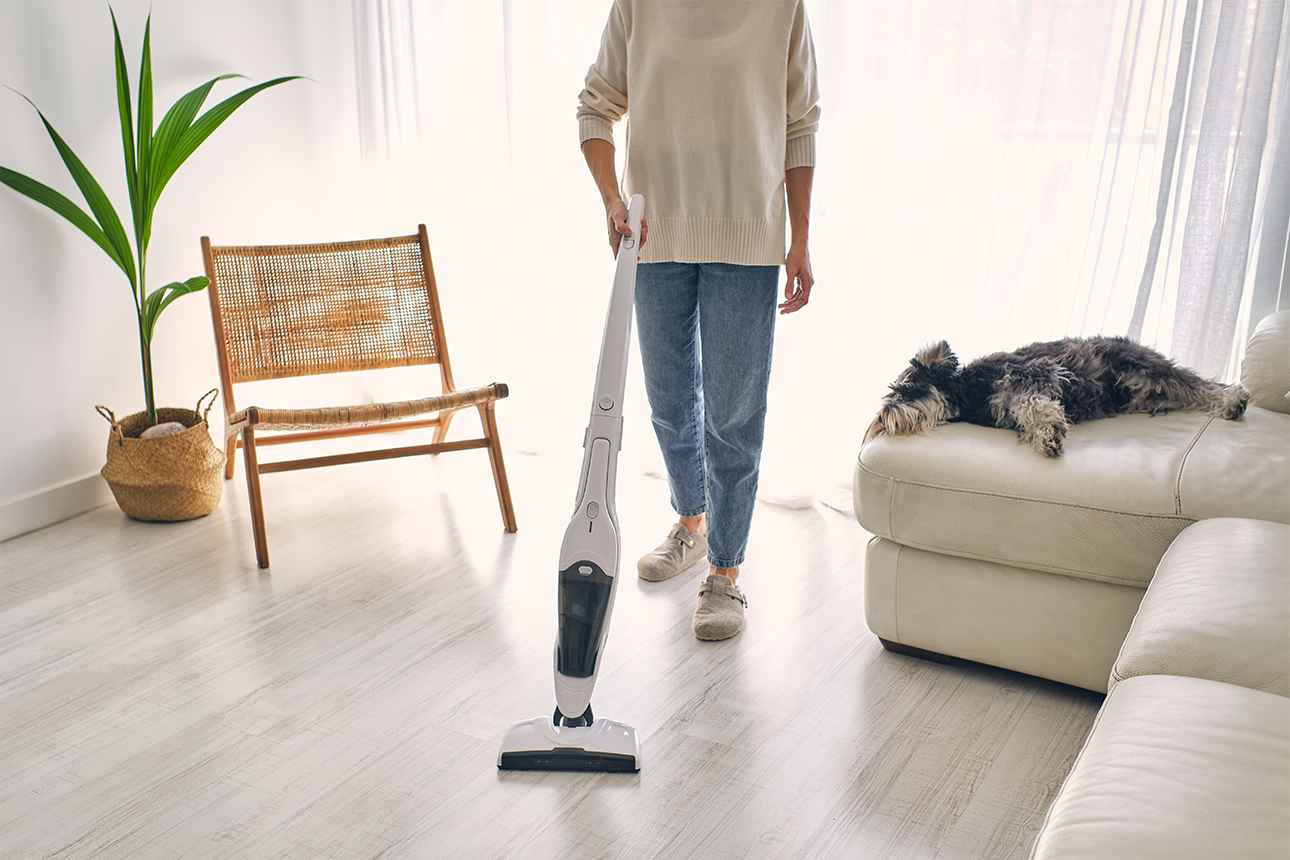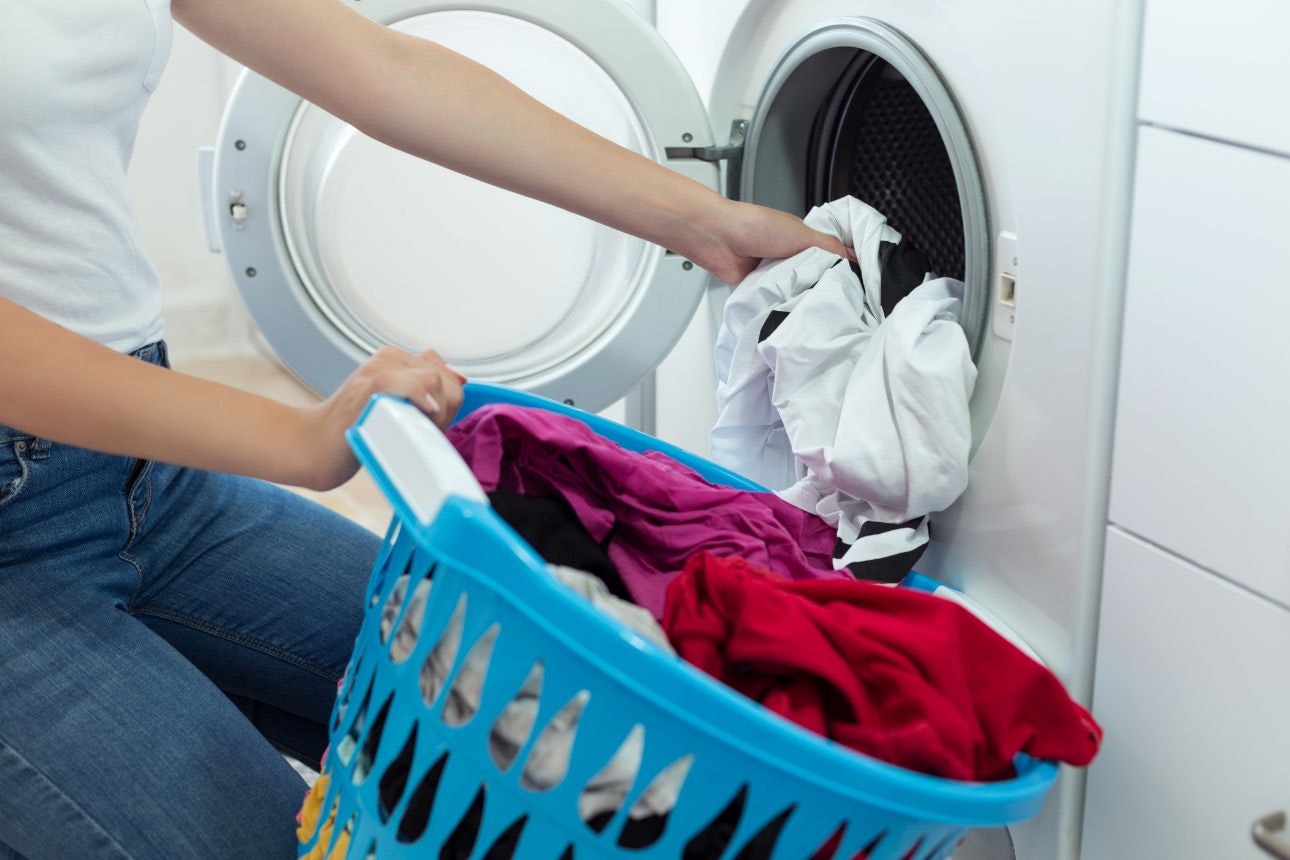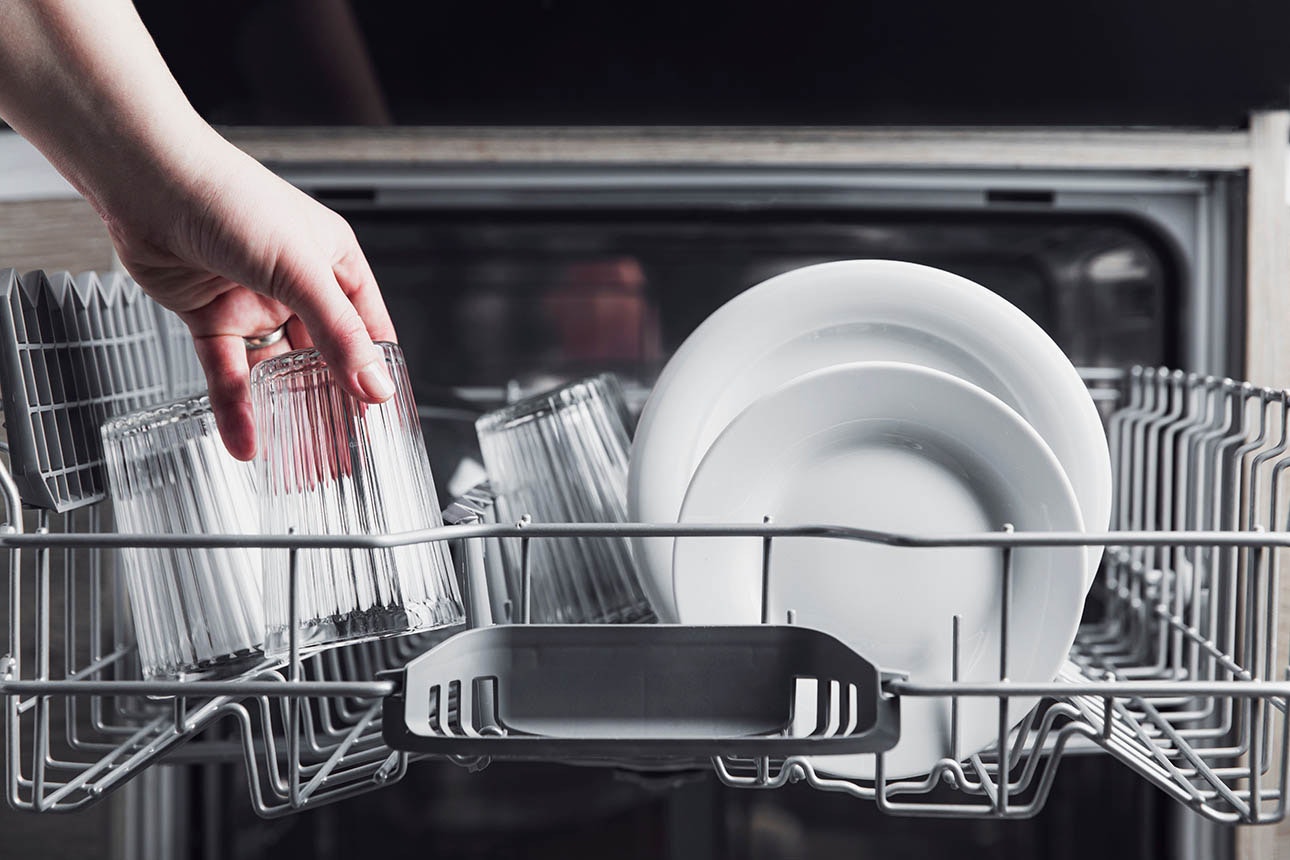We’ve tested standard canister and upright vacuums to find which models are the best at carpet cleaning and removing pet hair.
On this page
Lifetime score
Our overall score combines test performance (how well the appliance works) with repairability (our assessment of how easy it is to get spare parts and repair a model), predicted reliability (how likely models from the brand are to remain free of faults) and owner satisfaction (how likely owners of the brand are to be very satisfied).
We’ll only recommend appliances you’ll love to own, that work well and keep working well for a long time.

Test performance
It’s no good if a product lasts for several decades if it doesn’t work well in the first place. A disappointing product will soon become unloved and unwanted. For this reason, our independent lab testing still forms an important part of our overall lifetime score.
Our vacuum cleaner test includes:
Cleaning performance
We test a machine’s ability to remove dirt from carpets (assessing a quick clean of four passes over the same spot, and a deeper clean of 10 passes), see how close it gets to collect dirt from corners and edges and how well it picks up pet hair.
Ease of use
We push and pull a vac across carpet and use it to clean under furniture. We drag and carry it around, measure its reach from a power point, and assess its controls and how easy it is to use features like telescopic wands. We empty dustbins, or change bags, and replace filters.
Repairability
Vacuums should last at least five years, but many are thrown out before then if they break and can’t be repaired. So, we’ve decided to introduce a repairability score. This will give you an idea of how repairable the model you are considering may be.
Our score assessment is based on the following criteria:
Documentation
We check the product’s manual to see if it covers things such as filter replacement.
We award extra points if there is a diagram of the product showing the spare parts available either online or from the manufacturer.
We also check to see if repair manuals are available anywhere.
Part replacement and availability
We check online for parts and talk to manufacturers and third-party repair shops.
At the same time, we check for the availability of filters, bins (if applicable), motorheads and wands.
Scoring is weighted on the part’s importance. Extra points are awarded if other parts are also available.
Stock availability
We check with manufacturers and spare part retailers for stock availability and lead times. If a part has to be back ordered, or comes from overseas with a long lead time, then points will be deducted.
The score
The maximum repairability score is 100. This score is then combined with our test score to create our overall score.
If a product tests well but scores poorly for repairability this will be reflected in its overall score.
Of course, you might decide to ignore the overall score and choose a product based on its test score alone, which we also publish.
Predicted reliability
It’s reasonable to expect a new appliance to remain fault-free for at least the first five years. Our predicted reliability won’t tell you whether the vacuum cleaner in your laundry will stop sucking tomorrow, but it does show which brands make models that are less likely to fail.
Owner satisfaction
Satisfaction is important – no appliance should be a source of buyer-regret. Appliances with very satisfied owners are more likely to get cleaned regularly and maintained well. Their owners are more likely to seek repair for faults than look for a quick replacement.
Survey data 101
In our annual reliability and satisfaction survey, consumers tell us about faults that have left an appliance they own unusable or mean they’ve had to change how they use it. We also ask them how satisfied they are with the appliance. We use their data to produce our predicted reliability and owner satisfaction scores.
We use a statistical test to rate the relative performance of each brand. Compared to data we have for all products (of the same type) in the survey, we rate each brand with highest, high, average, low or lowest reliability and satisfaction. You can compare the rating of different brands for the same product type (for example, the reliability rating for Miele and Haier washing machines), but you can’t compare the results for different product types (for example, satisfaction of LG TVs and Samsung phones).
We analyse brands that get at least 30 responses in our survey. That means there are some brands we can’t analyse because we don’t have enough data. For those brands, we assume they have average predicted reliability and owner satisfaction.
Our data is based on responses for 2371 canister and upright corded vacuum cleaners in our 2024 survey.



